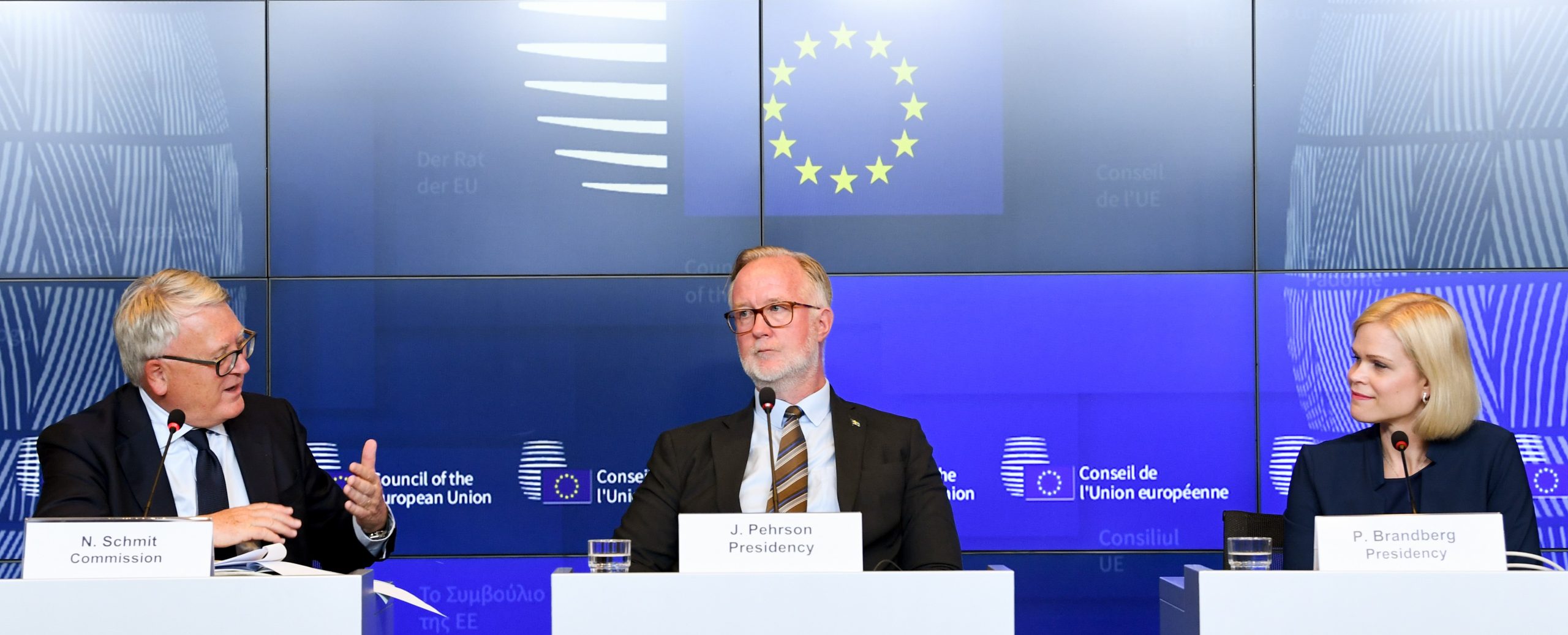
Criteria crucial to next steps
Directive must benefit workers.

Yesterday the European Council published their negotiation position regarding the Platform Workers directive, following months of intense discussions between Member States. With abstentions from Estonia, Germany, Grece, Latvia, and Spain, the Council position has not safeguarded worker’s presumption of employment – yet agreement signals the beginning of interinstitutional negotiations, which must be seen as progress.
Pushed through by the Swedish Presidency of the Council of the EU, the text outlines the threshold of three criteria out of seven which must be reached to trigger the presumption of employment for workers. These criteria are defined as when:
- The digital labour platform determines upper limits for the level of remuneration
- The digital labour platform requires the person performing platform work to respect specific rules with regard to appearance, conduct towards the recipient of the service or performance of the work
- The digital labour platform supervises the performance of work including by electronic means
- The digital labour platform restricts the freedom, including through sanctions, to organise one’s work by limiting the discretion to choose one’s working hours or periods of absence
- The digital labour platform restricts the freedom, including through sanctions, to organise one’s work by limiting the discretion to accept or to refuse tasks
- The digital labour platform restricts the freedom, including through sanctions, to organise one’s work by limiting the discretion to use subcontractors or substitutes
- The digital labour platform restricts the possibility to build a client base or to perform work for any third party.
While the European Parliament have supported workers through the deletion of criteria, this major stumbling block has prevented progress for a number of months. With Commissioner Nicholas Schmit outlining that trilogue negotiations would be “no easy ride”, the upcoming Spanish presidency will also take a more “pro-presumption” text, as seen through Minister for Labour Yolanda Díaz’s abstention from yesterday’s vote.
This view is shared by the Belgian presidency, who will take up the file should negotiations not be concluded by January 1st 2024.
Looking through the political fog, trade unions can see platform workers who continually face abuses day-in and day-out. While the Council’s text does not support workers in an adequate fashion, we welcome the advancement to trilogue negotiations, and call on the upcoming Spanish presidency to align with the European Parliament to end the exploitative business-model platforms profit from.
While platform work is often associated with large transport or craftwork, its importance has grown for professionals and managers, especially in areas dominated by freelancers or workers with otherwise atypical status.
Eurocadres will continue to work with those who seek to deliver for workers, not profiteers, in the coming months.
